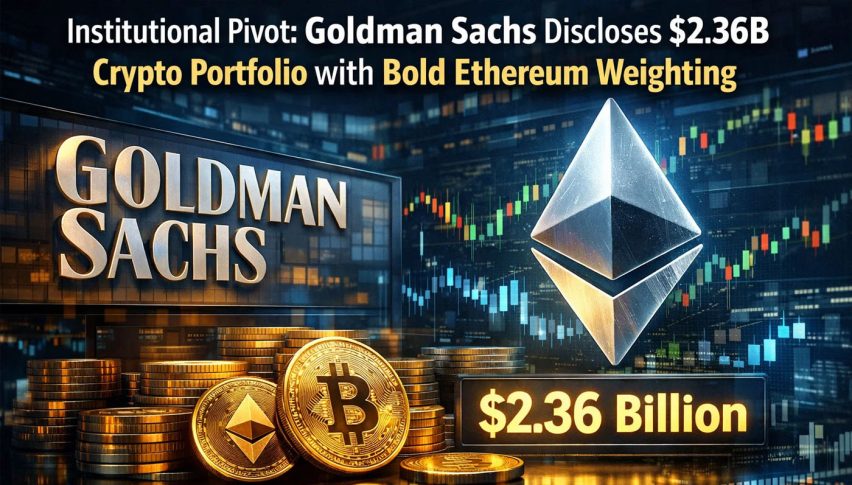Hong Kong Opens Crypto Exchanges to Global Markets in Major Policy Shift
Hong Kong just loosened its crypto rules. Licensed exchanges can now connect with global order books.

Quick overview
- Hong Kong has relaxed its crypto regulations, allowing licensed exchanges to connect with global order books for enhanced liquidity.
- The Securities and Futures Commission (SFC) announced that this change will enable local investors to access better prices and deeper markets.
- Exchanges must obtain SFC approval and implement automated systems for trade verification and daily settlements with overseas entities.
- This policy shift aims to position Hong Kong as a competitive player in the global crypto market, potentially attracting major international exchanges.
Hong Kong just loosened its crypto rules. Licensed exchanges can now connect with global order books, ending the isolated trading system that’s kept the city’s crypto market cut off from international liquidity.
Julia Leung, CEO of the Securities and Futures Commission, announced the change at Hong Kong Fintech Week on Monday. She said this lets local investors tap into global liquidity for better prices and deeper markets. The SFC published two circulars laying out the new framework.
Right now, Hong Kong exchanges operate in a closed loop. Orders get matched and settled within the city only. The new setup allows licensed platforms to share order books with their overseas affiliates, as long as those platforms are properly licensed in their own jurisdictions.
Exchanges need SFC approval before connecting to global markets. They also have to set up automated systems to verify trades beforehand and settle with overseas entities at least once daily. A reserve fund held in Hong Kong protects clients if settlements fail.
The SFC also dropped the 12-month trading history requirement for new tokens being offered to professional investors. Platforms can now list HKMA-approved stablecoins and tokenized securities without that waiting period.
Leung admitted Hong Kong’s crypto activity has fallen behind places like the United States. She blamed the city’s stricter regulatory approach but said regulators will keep loosening rules as investor protections get stronger.
The changes could pull in major international exchanges. They might set up Hong Kong operations using broker licenses, which would skip the years-long process needed for full exchange licenses.
Hong Kong has 11 fully licensed crypto exchanges and 49 brokers operating under omnibus arrangements. Since 2022, the city rolled out comprehensive licensing, launched Bitcoin and Ethereum ETF products, and approved digital asset funds. Trading volumes still haven’t matched major hubs though.
This policy shift positions Hong Kong to compete better with Singapore and the U.S. for crypto business. Whether it actually attracts significant capital and trading activity depends on how smoothly the global connections work and whether investors feel comfortable with the cross-border setup.
Hong Kong’s making a bet here. Connecting to global liquidity might drive up trading volumes. But it also opens the door to more volatility from international markets and messier cross-border regulations.
- Check out our free forex signals
- Follow the top economic events on FX Leaders economic calendar
- Trade better, discover more Forex Trading Strategies
- Open a FREE Trading Account
- Read our latest reviews on: Avatrade, Exness, HFM and XM


